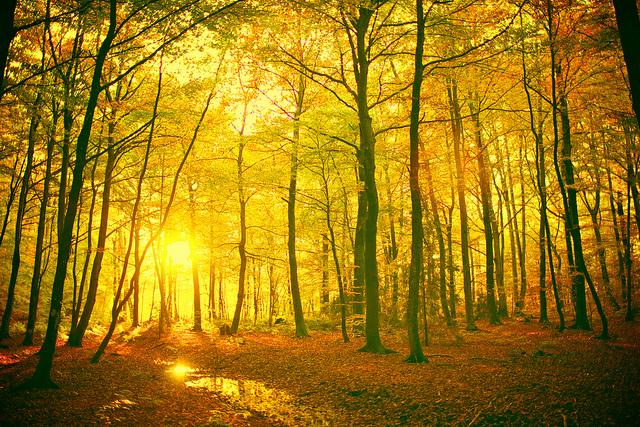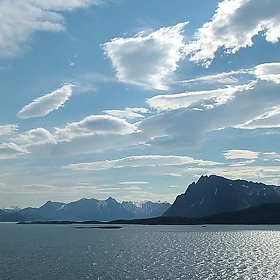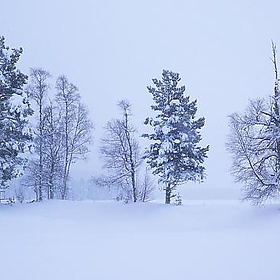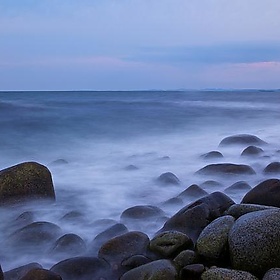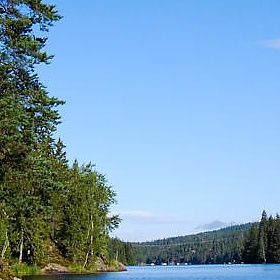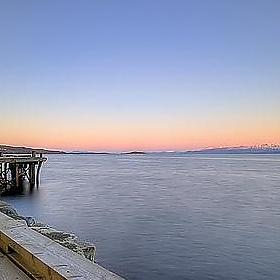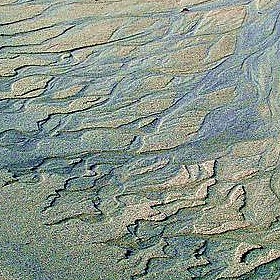Norway
Norway is a Nordic country in Northern Europe occupying the western portion of the Scandinavian Peninsula. The majority of the country shares a border to the east with Sweden; its northernmost region is bordered by Finland to the south and Russia to the east; in its south Norway borders the Skagerrak Strait, across which Denmark is situated. The capital city of Norway is Oslo. Norway's extensive coastline, facing the North Atlantic Ocean and the Barents Sea, is home to its famous fjords.
Discovery of oil and gas in adjacent waters in the late 1960s boosted Norway's economic fortunes but in referenda held in 1972 and 1994, Norway rejected joining the EU. Key domestic issues include integration of a fast growing immigrant population, maintaining the country's generous social safety net with an aging population, and preserving economic competitiveness.
Norway has extensive reserves of petroleum, natural gas, minerals, lumber, seafood, fresh water, and hydropower. It is the world's largest producer of oil and natural gas per capita outside of the Middle East, and the petroleum industry accounts for around a quarter of the Gross domestic product.
From 2001 to 2007, and then again in 2009 and 2010, Norway had the highest human development in the world.
Why visit?
- Norway is home to some of the most beautiful landscapes in Europe. From the snow-capped mountains of the Lofoten Islands to the lush forests of the Hardangervidda National Park, there is something for everyone to enjoy.
- Norway is home to some of the most stunning fjords in the world, with its deep blue waters and towering cliffs. From the Sognefjord to the Geirangerfjord, there are plenty of opportunities to explore these majestic natural wonders.
- Norway is one of the best places in the world to witness the spectacular Northern Lights. From September to April, the night sky is illuminated with a dazzling display of colors.
